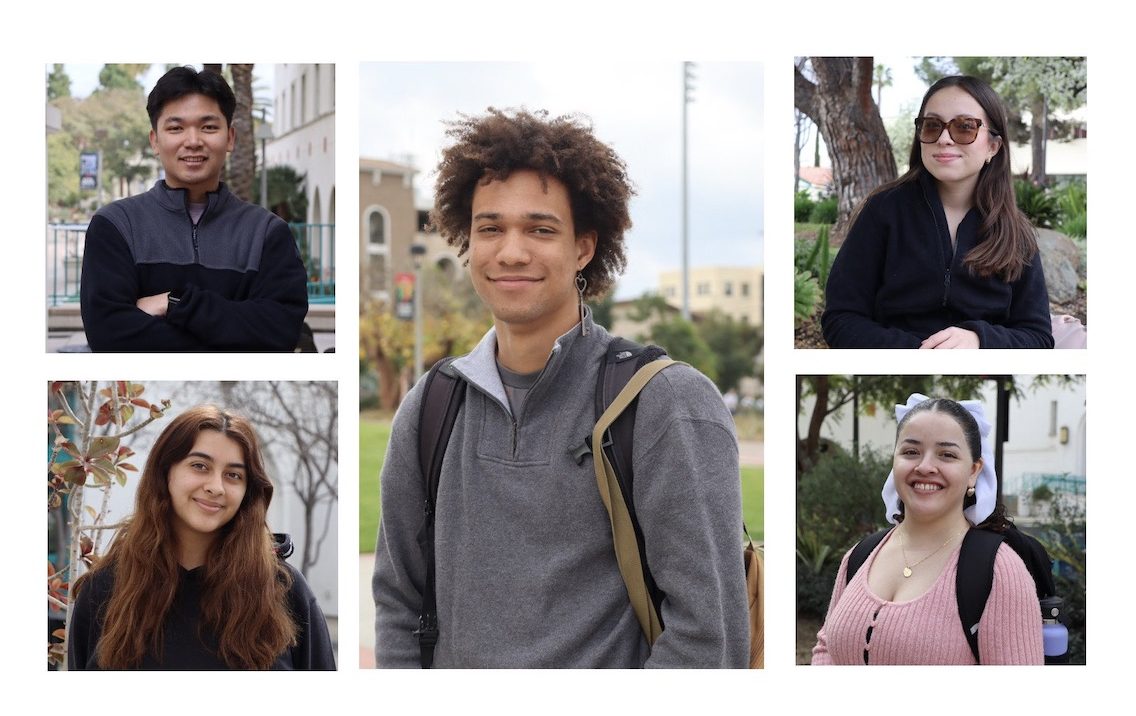Since COVID-19, students’ lives have revolved around screens, from typical entertainment to an increased amount of online classes. “Screen Time” is a term that includes all screens from television and video games to smartphones and computers. Smartphones, in particular, provide access to many things such as social media, news and entertainment.
Screen time is increasing at earlier ages as children now spend an average of 4-6 hours a day on screens, and teens spend around 9. Research has also shown that the average screen time for Americans in their early 20s is around 28.5 hours per week. News outlets tend to place a lot of concern on screen time and host segments about its impact. Five San Diego State students shared insights regarding their screen time use and its effect on them.
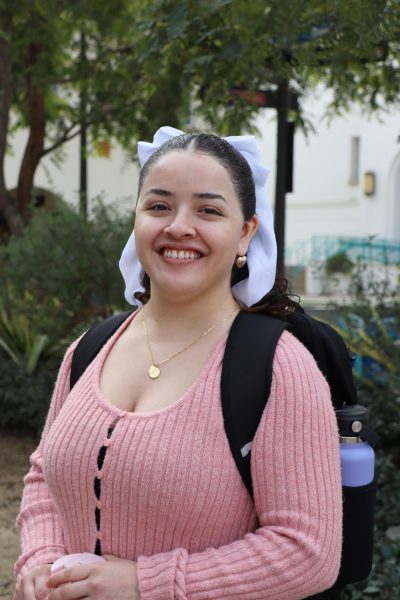
Arianna Alvarez, a fourth-year accounting major, has an average screen time of 3 hours a day.
“With messages, I feel like I don’t have that human interaction. If I didn’t have messages, I would be better at interacting with other people and I would have better social skills,” Alvarez said.
She said she noticed her screen time habits changing at community college.
“I felt like when I had social media in community college, it would take away time from homework. (Social media) was something that I was addicted to, drawing away time from studying. With social media, it was giving me serotonin with all the likes and follows, and it was giving me opportunities to socialize but it was online it wasn’t too real,” Alvarez said.
Getting off of social media allowed Alvarez to be connected with people and feel that human interaction. Alvarez feels validation from doing assignments and just doing little things in her daily life, rather than seeing how many likes a picture will get.
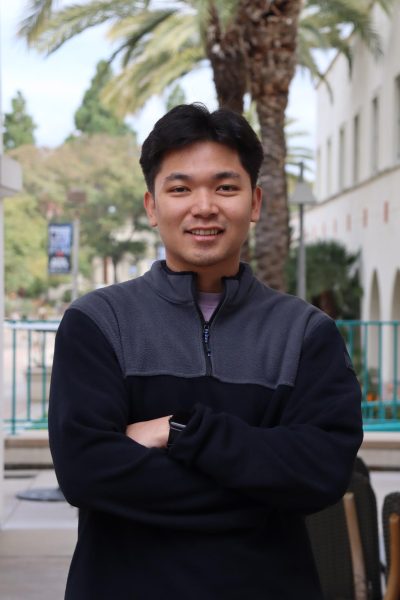
Oliver Fernandez, a fourth-year mechanical engineering major has an average screen time of 4 hours.
One of the apps he uses most often is Instagram.
“I enjoy interacting with people both in-person and online, as I just send them reels and memes…Instagram is a good way to relax but I could go a day without it, as there are other apps,” Fernandez said.
Fernandez does not believe that his screen time is detrimental to his academics or overall life. For him, social media is not an addiction but adds a nice relaxation to life.
“I mainly just go on it while I’m walking to class or like going to sleep or eating dinner,” he said.
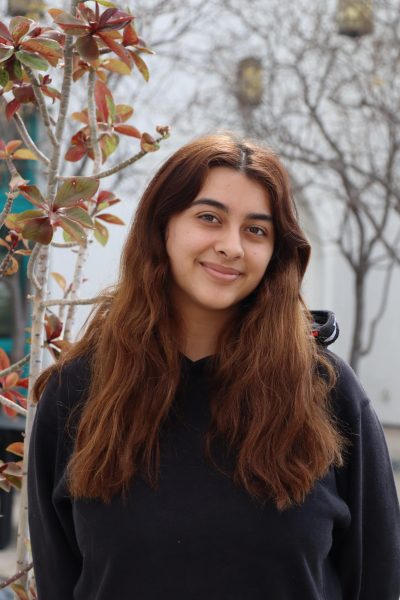
Luna Molina, a first-year political science major, has an average screen time of 6 hours.
“I use TikTok. It’s affected me socially when I’m hanging out with my friends we’re all on TikTok, so there are no actual social interactions,” Molina said.
Molina wonders if a lot of people care about each other if all they talk about are videos seen online.
“Until I start to realize I’ve been scrolling it’s already an hour and a half later, and I need to eat dinner but I haven’t even started my homework, (TikTok) becomes a problem. During finals in high school, I would delete the app so I could study.”
Molina also feels like she loses sleep from scrolling online at night.
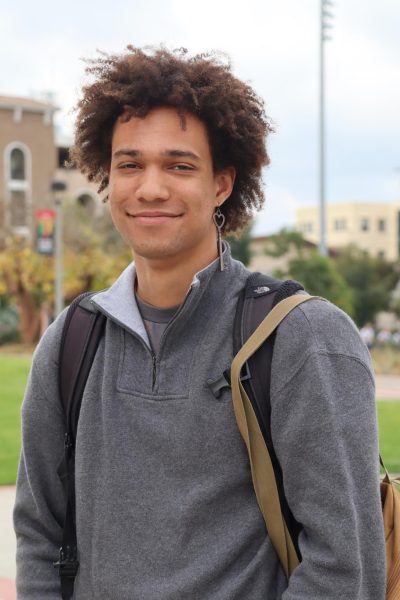
Gavin Henry, a second-year biology major with an emphasis in zoology, has an average screen time on the weekend of 4-5 hours, with less on weekdays.
“During the week I don’t go on my phone because I won’t be able to stop. If I’m bored I’ll go on TikTok or Instagram. In a social setting — if I know someone — I’ll try to avoid using my phone because I want to know what’s happening in their life, especially when it’s people I haven’t seen in a while,” Henry said.
However, if Henry feels that if he is in an awkward setting, he would go on his phone and scroll on social media. He wants to avoid this because he feels like it’s rude to do so.
“I’m possibly addicted because last year my sleep schedule became messed up as I was staying up too late, (and) I had to child lock myself. It eventually got to the point where I wanted to sleep but couldn’t. I deleted the apps and had a reset, and I now feel better about time management and using the apps.”
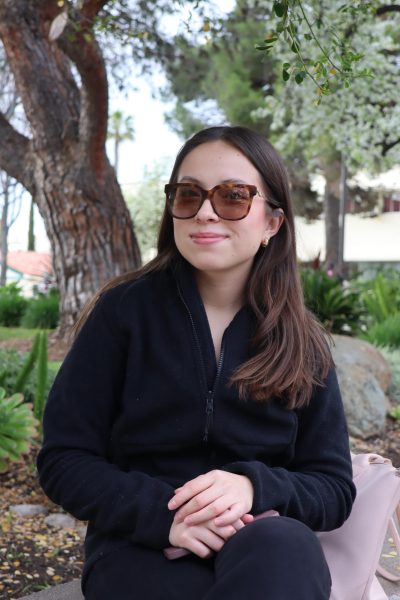
Leslie Avila, a second-year biology major, has an average screen time of 3 hours.
“I use WhatsApp. I would prefer to interact with people in person, I don’t really like being on my phone,” Avila said.
Avila does not feel that she lacks interaction with people as she does not really go out and is usually busy with schoolwork. Avila said this helps her get things done.
“Not really being on social media has helped me stay organized,” she said. “I am a really organized person, so not being on the phone allows me to organize my day.”
Interviews conducted by Lesley Garcia with photography by Petrina Tran.



